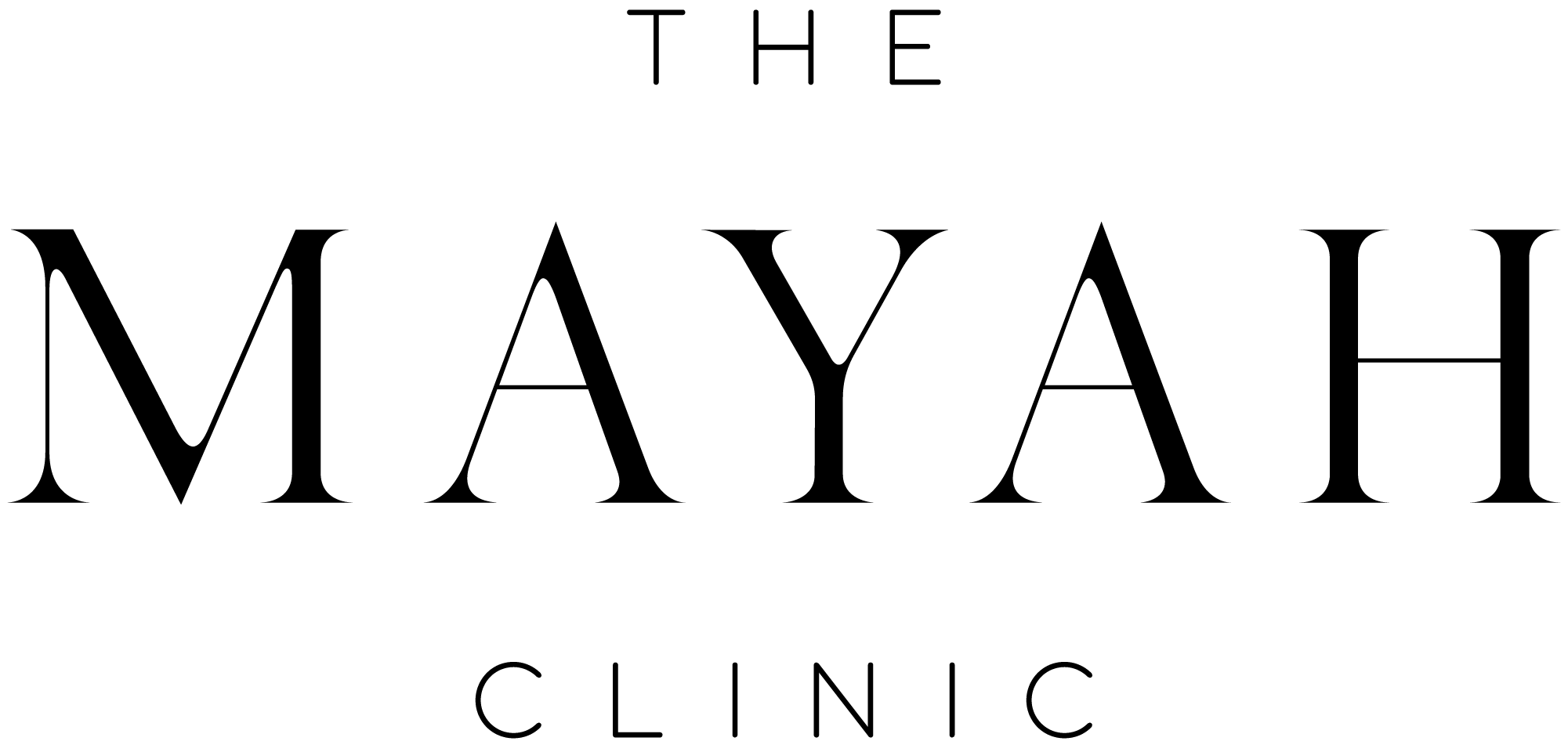I’m sure most of you have heard about retinoids and how good they are for your skin. Many studies show that they encourage cell turnover, stimulate collagen, help treat acne, soften wrinkles, and give skin an overall glow.
This is all good science. But with all the “talking” about retinoids, inevitably we have seen a lot of “word of mouth” stuff that has travelled outside and beyond the science. In other words, there is a lot of rubbish out there.
Let’s look at some key points about retinoids.
1 – Are all retinoids the same?
Retinoids are a huge family of compounds derived from vitamin A. There are over the counter to prescription topicals plus oral ( Roaccutane). Common names you will hear include Tretinoic acid, Retinol, and Retinaldehyde. Did you know that alpha and beta-carotene are actually provitamin A as they are converted to retinol.
2 – Do Retinoids thin the skin?
This is commonly believed because one of the side effects can be skin peeling, especially when first starting treatment. However, this makes no sense when we know that it boosts collagen product. So, in-fact it thickens the skin. What you would see though is a thinning of the crusty, dry outer layer of the skin in some sun damaged patients with leathery skin, but a thickening in the deeper layers – so an overall improvement in skin quality.
3 – Can young people use these?
Originally these products were for the treatment of acne specifically – so young people. It wasn’t till the 1908’s when a study published the general skin benefits – softening fine lines, and lightening pigmentation that retinoids got re-marketed for sun damaged older skin.
4 – Will retinoids will make me sun sensitive?
The sun can breakdown retinoids, making them unstable. So, they are recommended for use at night. There is no evidence that they promote sunburns. However, this doesn’t mean sunscreen is not important. it’d be pretty silly to be treating sun damage at night and making more in the day.
Of course, if someone is going through skin irritation/ redness/sensitivity from there retinoid use, that’s another story. Any irritated skin is more at risk.
5 – When will I see results?
We have seen some patients at the Mayah Clinic who have started a prescribed Rationale Skin care program see results in just 2 months. However, you’d usually say it will be 6 months to see the best change with active topical skincare.
6 – What if I get peeling or irritation?
Some types of retinoid products are more likely to give you peeling, dryness, tightness and redness/ rashes because of the way they are formulated. However, it is possible to get this retinoid effect using any Vitamin A. For most people, they can be advised about how to adapt the way they are using the ingredient, to allow on-going use. This is one of the important reasons to have your products prescribed for you by your professional skin therapist. At the Mayah Clinic it is our responsibility to ensure that any skincare we recommend, or prescriptions written, work properly for you. If there are any problems, it is our job to recommend the correct approach to manage this. This is why you don’t buy strong products online with no personalised plan or professional back up. Just sayin’.
I hear people saying it’s actually a positive thing to be seeing these reactions as it shows that its working and active. Mmmm. There may be an initial acclimatisation period, but in the long term this makes no sense. Does it make any sense to say you should keep doing something that is going to make your skin so sensitive all the time that for example, facials or brow shaping needs to be avoided while on it as your skin might rip off? Does that sound like healthy skin?? We should be aiming for healthy skin, so we want the benefits without the adverse effects in the long term.
7 – How often do I use it?
The goal is daily use, although it may be that some skin types will work up to that. If you have been told to just use your retinoid once or twice a week ongoing to avoid adverse effects – you are on the wrong product. The effects within the skin are going to be best with daily use.
8 – How much should I use?
Is it “the more I use the better”? No. This is a treatment ingredient. Too much will lead back to the cycle of redness and peeling. Usually, a pea size amount for the face is the dose.
9 – Should you avoid the eye area?
Is not the eye area skin? Is not this skin that is more prone than the rest of the face to thinning and wrinkling? Vitamin A eye cream makes the most sense. Try the No.6 Rationale Eye cream.
10 – Do stronger percentages of retinoids give better results?
Not necessarily. Sometime stronger percentage may just give more adverse effects. How a product is formulated to allow healthy absorption of the active ingredient into the skin cells is just as important as a percentage of the active ingredient that may not be absorbed as efficiently. What else is in the mix is also important and may allow a lower percentage of several ingredients to be more effective by working synergistically. If it was easy, there wouldn’t be so many variations of products with various results on the skin. That’s why you need a professional to advise you.
11 – Are Retinoids skin exfoliants?
This is a widely believed misconception driven by the notion that the normal and desirable function of Vitamin A is to create peeling. Retinoids are actually antioxidants really, not exfoliants. Their job includes cell to cell communication. They “talk” to skin cells to promote healthier functioning cells as they make their way to the surface. This does mean faster/ more youthful cell turnover rates. it does not mean peeling skin. Is a child’s skin peeling all the time to stay smoothe and fresh?? Nope. Retinoids do not have the ability to dissolve surface skin cells. It is the irritation they can create as a side effect that does that.
12 – Can sensitive skins tolerate retinoids?
Again, this comes down to proper careful prescribing of retinoids for different skin types, and advice about use especially starting out. You can even sandwich a retinoid between a moisturiser, mix it with a moisturiser or be prescribed a product that has done this for you already.
13 – Do I have to use a medical prescription style cream to see results?
There are medical style products you may have heard of – Retrieve, Retin A, Adapalene, Differin, but an active cosmeceutical product like the Rationale Skincare formulations will achieve dramatic results with a broader effect due to the combination of ingredients in each individual product. You get active skin identical formulations from science that researched the relationship between skin genetics and the epigenetic environmental influences.
Dr Kathryn Holmes

